The Mount of Olives
-
Ships in 2 to 3 weeks
Details
Description
SKU: CA.2302000
Composed by Ludwig van Beethoven. Edited by Clemens Harasim. Sacred vocal music, Oratorios. Carus Plus. Innovative practice aids, Sacred vocal music, Oratorios. Full score. Op. 85. Duration 55 minutes. Carus Verlag #CV 23.020/00. Published by Carus Verlag (CA.2302000).ISBN 9790007241964. Language: German/English. Text: Huber, Franz Xaver.
In his Passion oratorio Christus am Olberge [The Mount of Olives], Beethoven succeeded firstly in building on the 18th century tradition, and secondly in putting his own personal stamp on the nascent genre of German-language oratorio - the Vienna performances of Haydn's Die Schopfung and Die Jahreszeiten had only taken place a few years earlier. In composing the work he looked towards contemporary opera, using a text by an opera librettist to depict in music the dramatic situation of the doubting Jesus in the Garden of Gethsemane and his arrest. Yet we do not do justice to Beethoven's work if we simply regard it as a successor work to Graun's Der Tod Jesu or even Bach's St Matthew Passion. Beethoven's Christus am Olberge is characterized less by religious devotion and much more by the dramatic realization of a specific situation in the Passion story in deeply-felt musical scenes. With its magnificent, almost operatic music, this is a different Passion oratorio which is definitely worth hearing and experiencing - and in this form it is without doubt unique in the history of vocal-instrumental sacred music. The edition follows the first printed edition in music and text; differences in the text in the libretto originally set by Beethoven are given as a second text, and a singable English translation is underlaid.
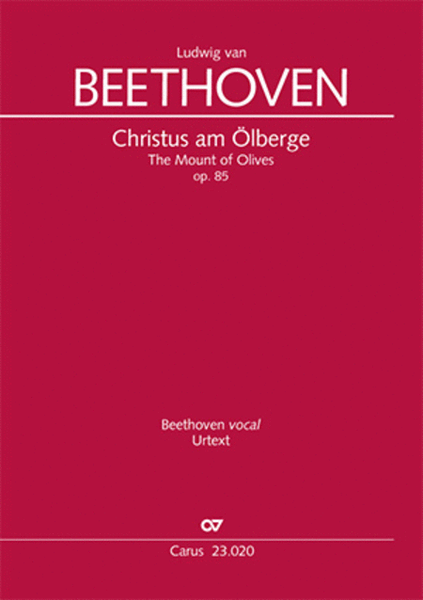
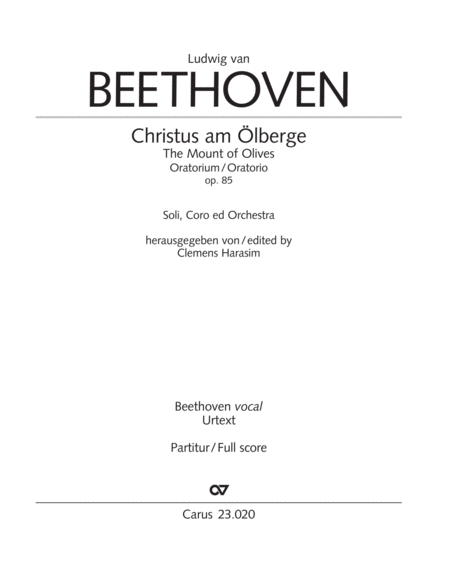
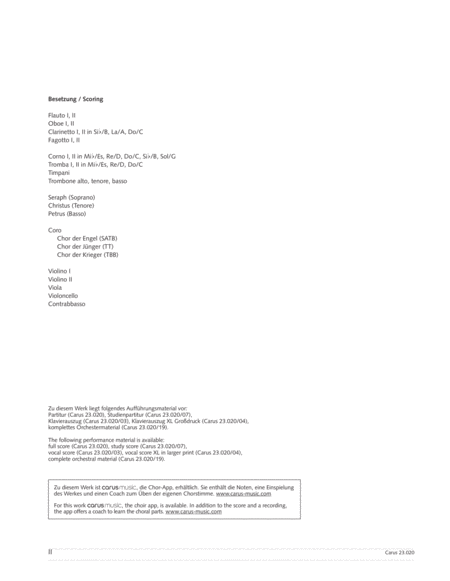
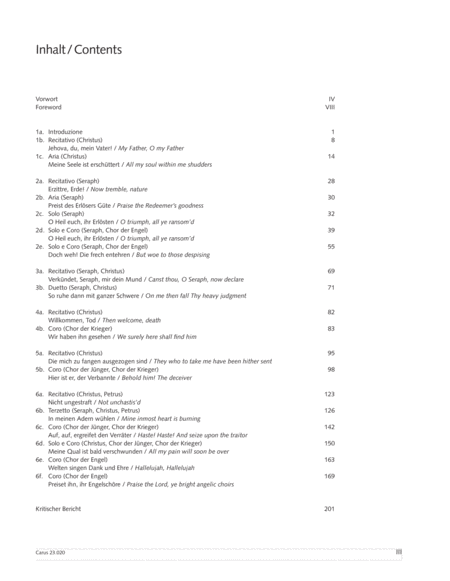
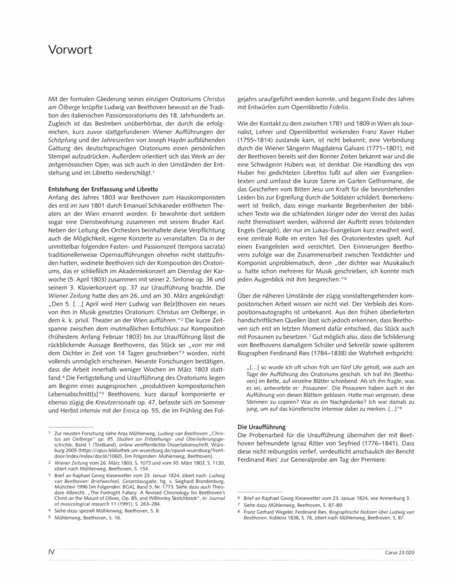
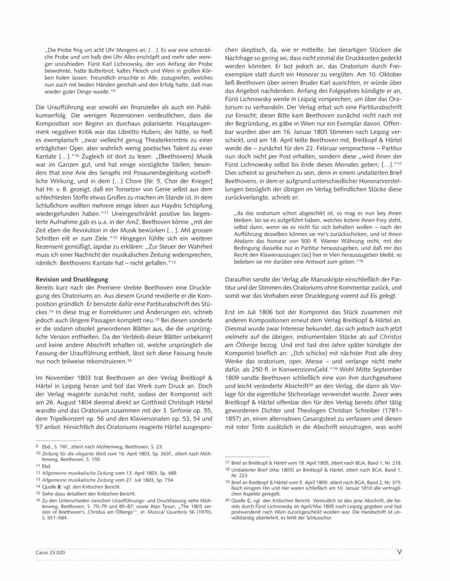
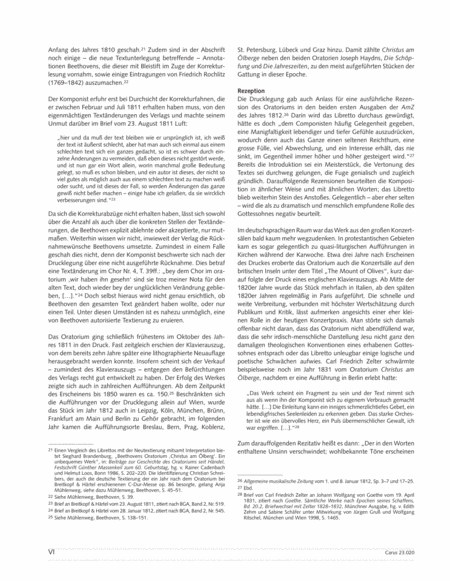
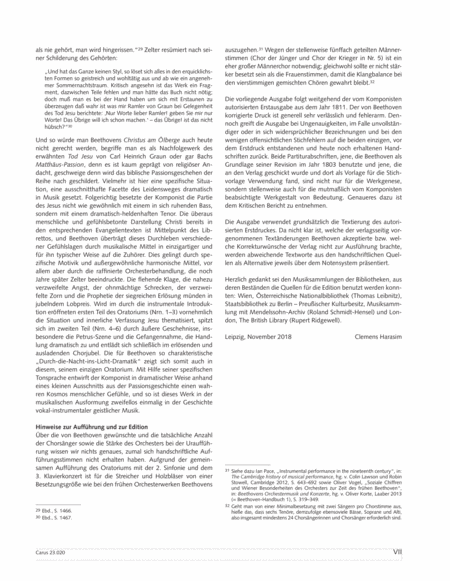
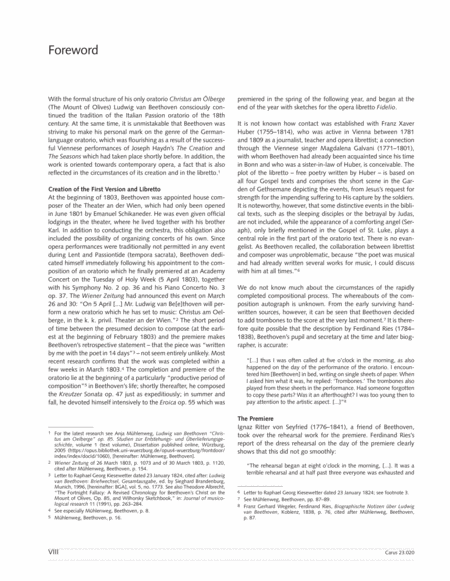
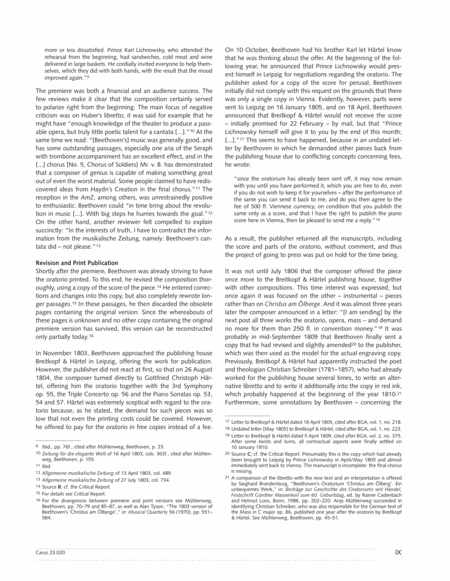
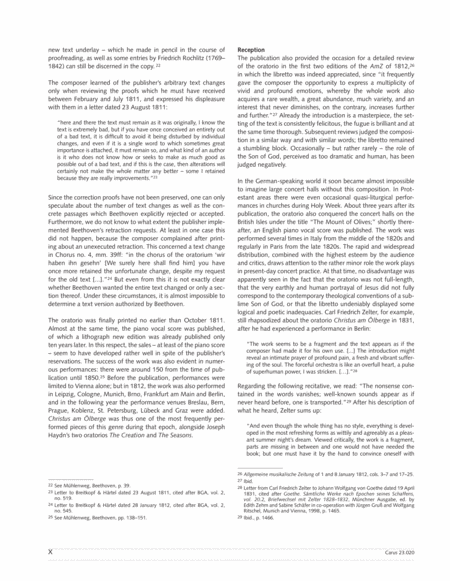
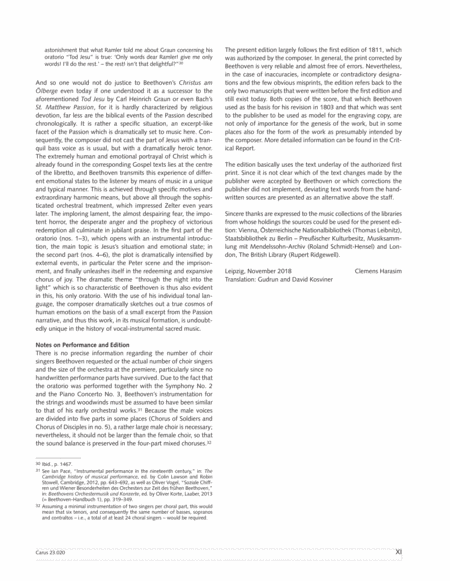
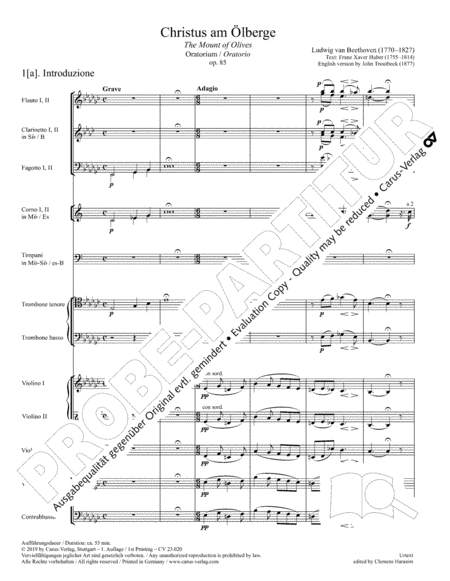
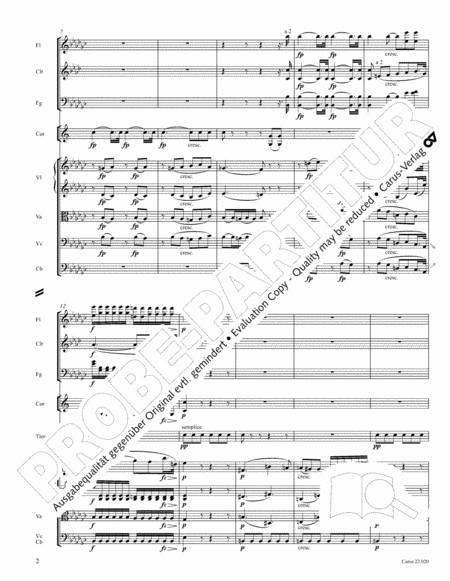
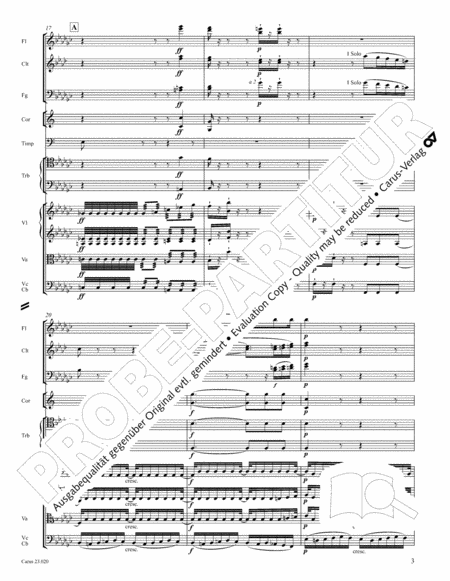
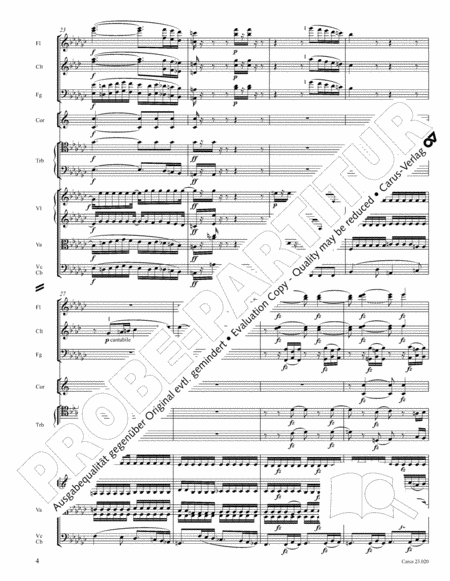
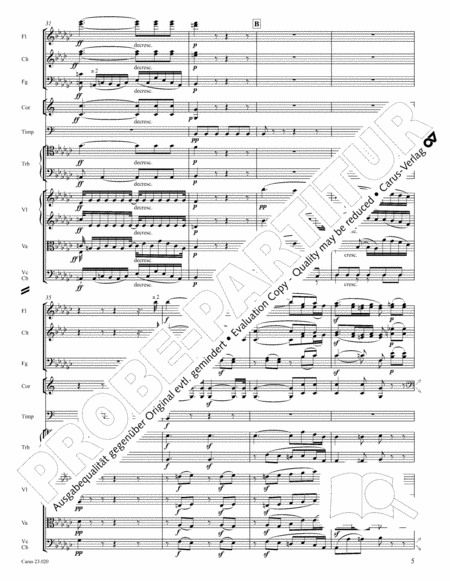
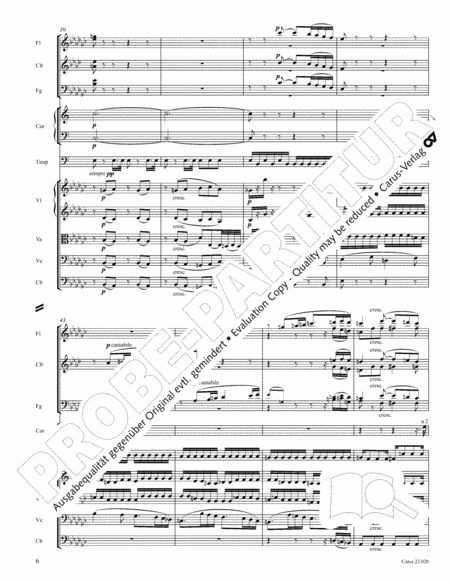
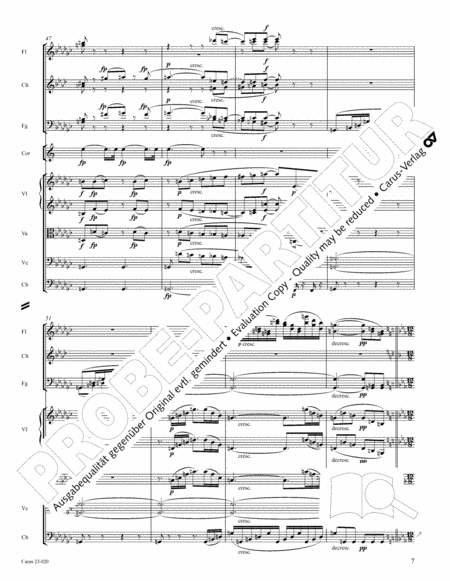
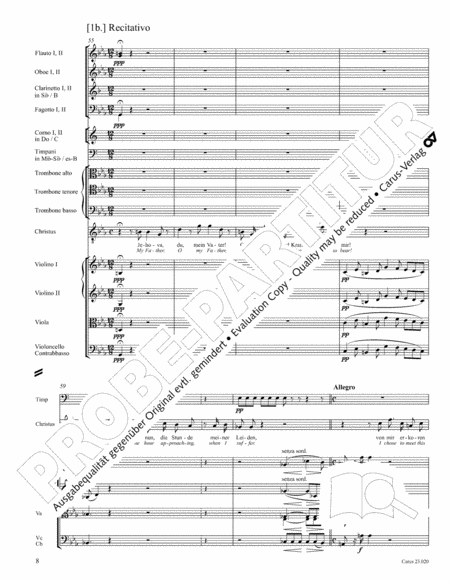
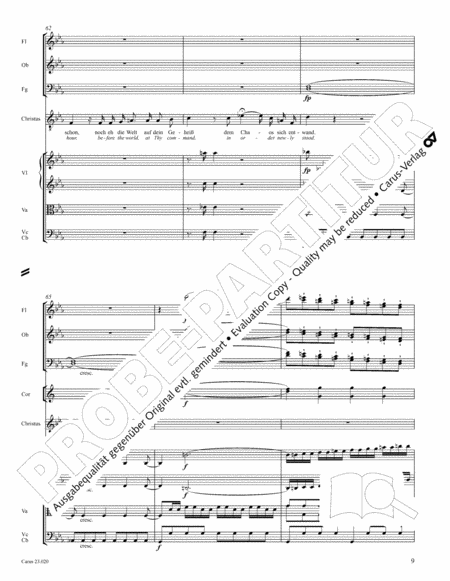
 Share
Share